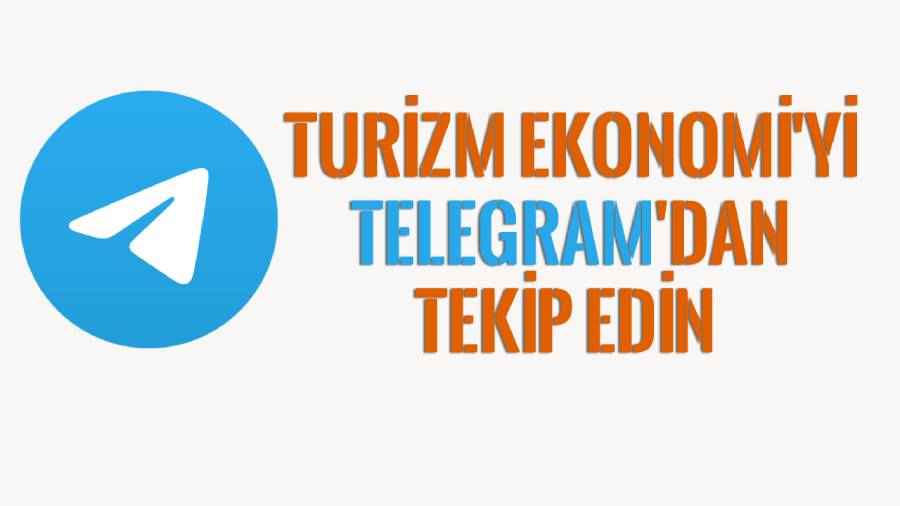A new perspective on travelling with artificial intelligence

It is at the focal point of the integration of artificial intelligence technologies in the tourism sector. In other words, today, digital transformation does not only help with reservation processes, but has become an approach that shapes and changes travel from beginning to end.
There have been many structural changes in the tourism sector over time, but the impact that will occur with artificial intelligence promises a leap forward that will disregard previous transformations. The basis of this change is hyper-automation and an uninterrupted service approach. Unlike the services offered by traditional travel agencies based on limited working hours, artificial intelligence systems offer a structure that is accessible 24 hours a day, making the user experience independent of time.
Personalized experience design stands out as one of the strongest aspects of artificial intelligence. With advanced data analysis and machine learning algorithms that allow detailed analysis of data such as users' habits and preferences, travel plans can be created for each individual.
Travel planning is no longer a simple list of places to go, but is becoming a dynamic series of recommendations shaped by the user's identity.
The systems’ predictive analytics capability can help users make the most of their time by counting numbers and predicting future price changes, determining the most ideal booking times, and providing analysis on travel trends. In this way, they are more efficient both in terms of time and money.
Today’s AI-powered travel advisors are now far more advanced than the simple chatbots of the past. These systems can perform a wide range of analyses, virtually removing the burden from the current user’s complex decision-making process.
With real-time market analysis, the most suitable price-performance balance can be achieved and even possible problems can be detected in advance and proactive solutions can be offered. In this way, they not only manage the process; they also take on the role of guidance and consultancy.
All these developments are bringing significant changes to the tourism sector and are radically changing the workforce structure. Traditional roles are now managed by specialized artificial intelligence systems. This transformation does not only represent a qualitative change; it also brings about an economic transformation. While operational costs are decreasing, there is a noticeable improvement in service quality. Even small travel agencies are now able to offer comprehensive and high-performance services similar to large enterprises.
One of the most striking aspects of this change that will shape the future of tourism is the use of hybrid service models. Emotional and technological needs are met thanks to this structure, which is integrated with artificial intelligence systems without completely excluding the human touch. Blockchain technology integrated into travel transactions helps create a secure and transparent system. With the emergence of metaverse experiences, users can now make more conscious decisions by making virtual discoveries before traveling.
What we understand from all these advances is this: AI-supported travel systems are not just a technological innovation; they are a transformation process that fundamentally changes tourism. Companies that correctly understand this transformation and adjust their strategies accordingly will maintain their leadership position in the future tourism industry. Those who are still skeptical about these advances today will gradually lose their chance to exist in the sector in the future.
Now, in a new era, success is about bringing technological skills and human values together in a balanced way. Every model that synthesizes artificial intelligence and human touch has become not only functional but also meaningful. We all know the situation of those who missed the internet age. Now, we have a much deeper and more comprehensive transformation opportunity. Those who see this opportunity will win, that is for sure.
Source • Prieto, M. (2024). Travel Tech Essentialist #175: Agents. traveltechessentialist.substack.com • Ian Seymour Yeoman, (2025) The role of technology in shaping the future of tourism, Journal of Tourism Futures • Gartner Reports (2025). The Role of Artificial Intelligence (AI) in Sales in 2025
• World Travel & Tourism Council (WTTC). (2023). AI and the Future of Travel
turizmekonomi






